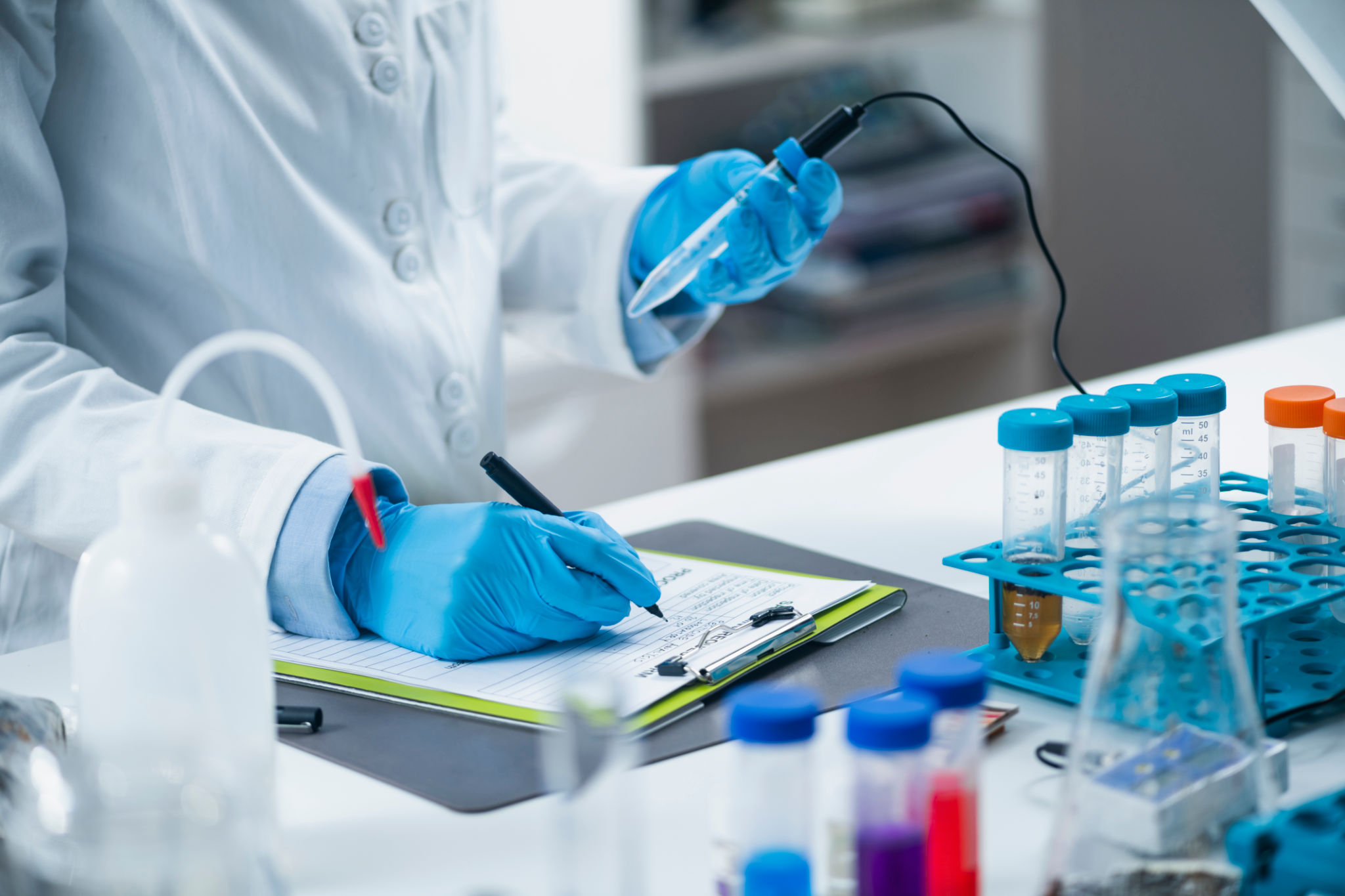Navigating NABL Certification: What Hospitals in Delhi Need to Know
Understanding NABL Certification
For hospitals in Delhi, achieving NABL (National Accreditation Board for Testing and Calibration Laboratories) certification is a significant milestone. This accreditation is essential for laboratories as it ensures that they meet international standards of quality and competence. The NABL certification is not just a mark of excellence but also a trust-building tool with patients and partners.
Hospitals that undergo NABL certification demonstrate their commitment to quality and reliability in laboratory services. The process involves a thorough evaluation of various aspects, including staff competence, infrastructure, testing procedures, and overall management systems.

Steps to Achieve NABL Certification
The journey to NABL certification can be intricate, but with the right approach, hospitals in Delhi can navigate this process efficiently. Here is a step-by-step guide:
- Application Submission: Begin by submitting an application to NABL along with the necessary documentation.
- Pre-assessment: A preliminary assessment helps identify gaps in compliance with NABL standards.
- Corrective Actions: Address any non-conformities highlighted during the pre-assessment.
- Final Assessment: An in-depth evaluation by NABL assessors to ensure compliance.
- Accreditation Decision: Based on the final assessment, NABL decides on granting the certification.
The Role of Quality Management
A robust quality management system is at the heart of NABL certification. Hospitals must establish and maintain documentation that describes their quality policies, procedures, and processes. This system should be designed to continually improve laboratory operations and ensure patient safety.

Staff Training and Competence
One of the crucial components of NABL certification is the competence of laboratory staff. Ensuring that all personnel involved in testing are adequately trained and qualified is essential. Regular training programs and assessments can help maintain high standards of expertise among staff members.
Moreover, continuous professional development opportunities empower staff to stay updated with the latest advancements in laboratory practices, further strengthening the hospital’s capability to meet NABL standards.
Infrastructure and Equipment
To achieve NABL certification, hospitals must ensure that their laboratory infrastructure and equipment meet specific standards. This includes having state-of-the-art facilities and maintaining equipment calibration to guarantee accurate results. Regular maintenance and upgrades are necessary to comply with NABL requirements.

Benefits of NABL Certification
NABL certification offers numerous advantages for hospitals in Delhi. It enhances the credibility of laboratory services, boosting patient trust. Additionally, it opens up opportunities for collaborations with international healthcare organizations, as NABL accreditation is recognized globally.
Furthermore, accredited laboratories often experience improved operational efficiency, as adherence to rigorous standards leads to streamlined processes and reduced errors.
Challenges in the Certification Process
While the benefits are substantial, hospitals may face challenges in the certification process. These can include resource constraints, adapting to new protocols, and ensuring continuous compliance. However, with proper planning and commitment, these challenges can be overcome.
Engaging with experts or consultants who specialize in NABL certification can provide valuable guidance and support throughout the process.

The Path Forward
NABL certification is a crucial step for hospitals in Delhi aiming to deliver world-class laboratory services. By understanding the requirements and carefully navigating the certification process, hospitals can achieve accreditation successfully. The investment in quality and excellence will not only enhance patient care but also position hospitals for future growth and collaboration in the healthcare sector.